Media
There’s an amazing, moving story to be told about the Founder of UK Health Radio, Johann Ilgenfritz, who is also the publisher of Health Triangle magazine. Father-of-two Johann was told he had incurable cancer and doctors gave him a maximum of 12 months to live… That was 12 years ago.
For more details about his inspirational story and how he turned his life around, to arrange an interview, for more information about UK Health Radio or Health Triangle magazine, to request an interview with one of the station’s health-expert presenters, or for copyright-free pictures or videos, please contact Raphaela on +44 (0) 7722926906, or raphaela@ukhealthradio.com

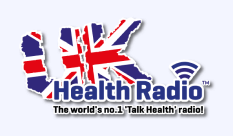
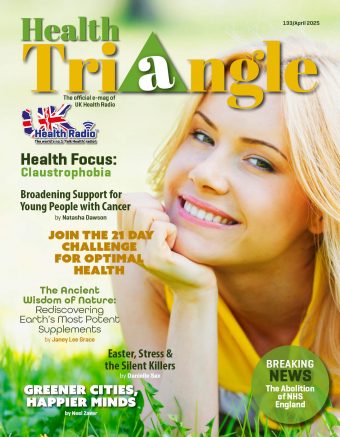
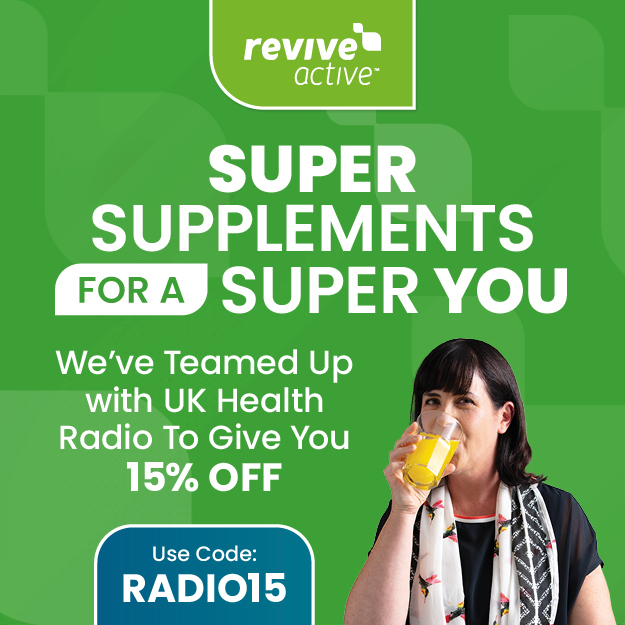
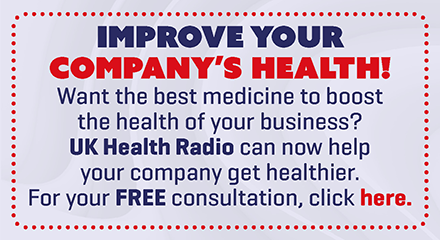














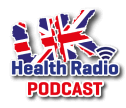

Johann Ilgenfritz
2024-04-22 16:48:58
Johann Ilgenfritz
2024-04-22 08:02:08
Johann Ilgenfritz
2024-04-22 08:00:25
Johann Ilgenfritz
2024-04-22 07:59:21